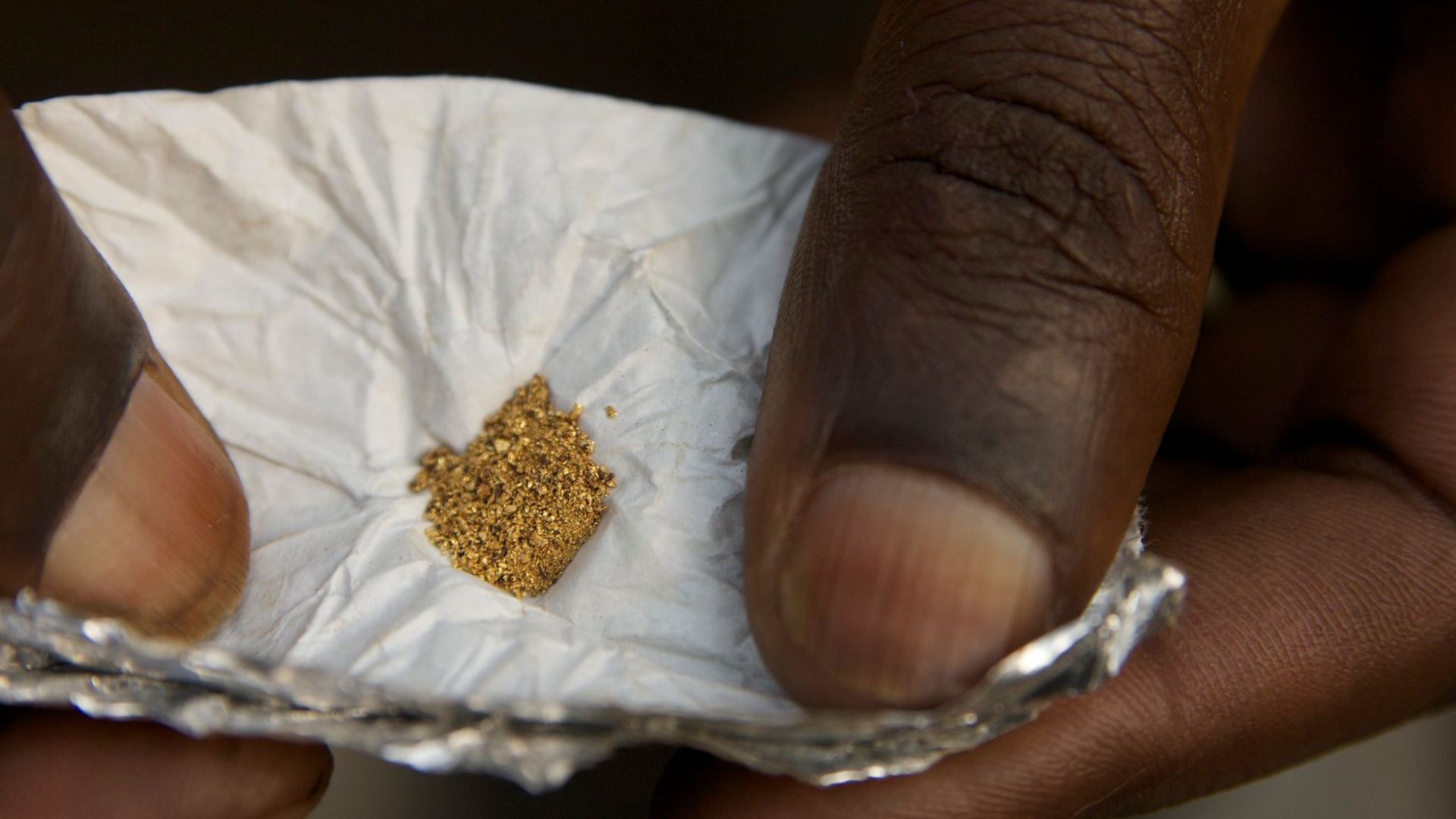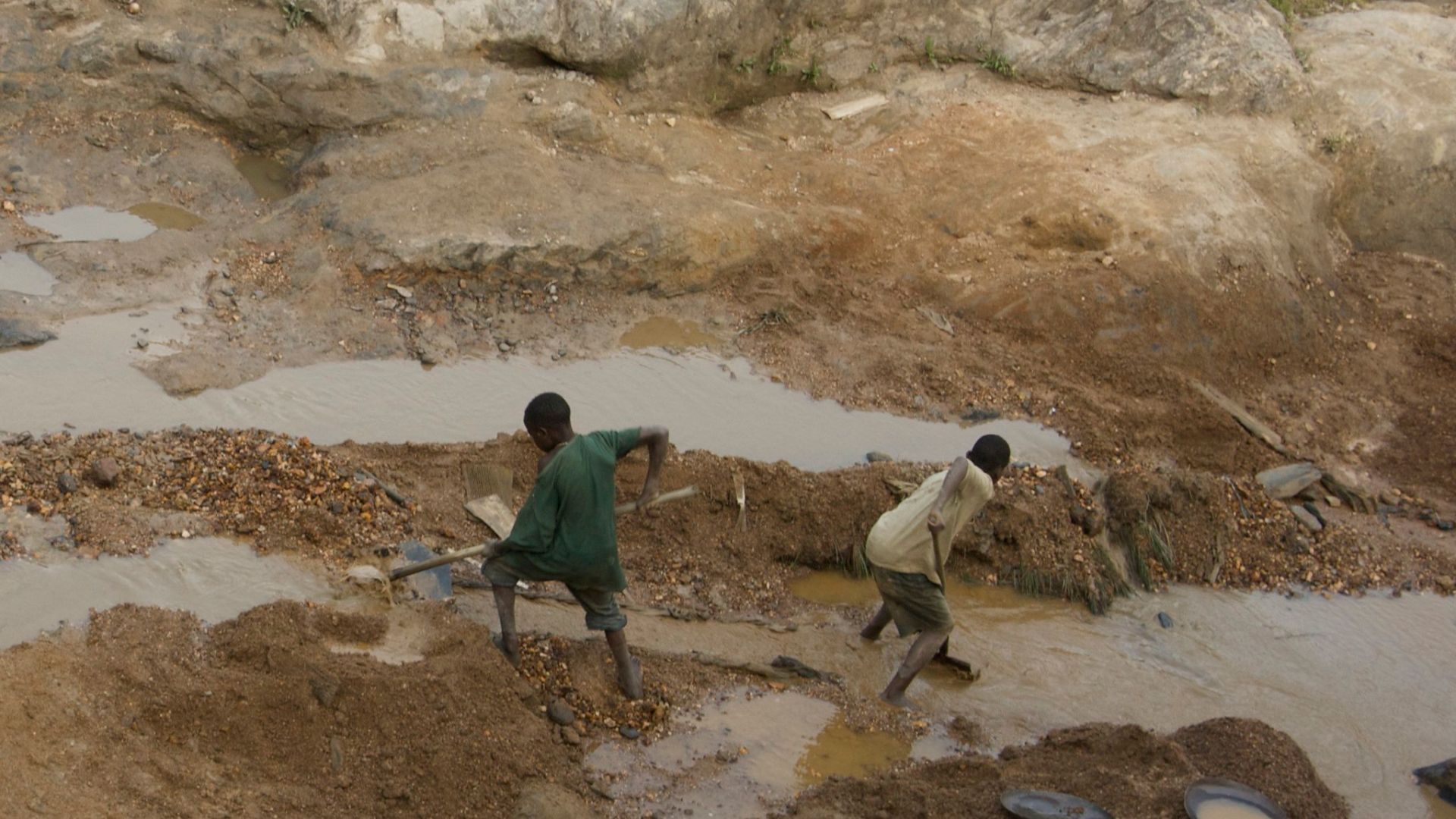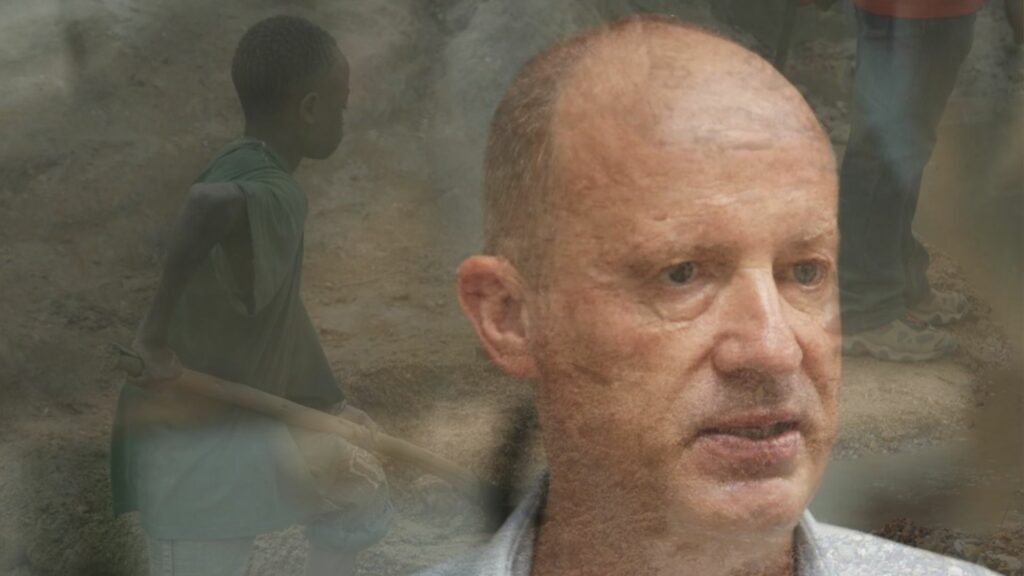The EU has accused gold trader Alain Goetz of trafficking Congolese conflict gold and has banned him from entering EU territory. The Antwerp native's assets have also been frozen and other EU companies and citizens are forbidden from trading with him.
The EU announced on Thursday that eight names have been added to its sanction list relating to the conflict in the Democratic Republic of Congo (DRC), among them rebel leaders and the Belgian businessman who lives on the palm islands in Dubai. Seventeen names are now on the sanction list relating to Congo.
"Alain Goetz is exploiting the armed conflict, instability and insecurity in the DRC through the illicit exploitation and trade of natural resources," read the Official Journal of the European Union.
European contribution to war
It is the first time the EU has taken such bold steps against a home-grown businessman and signifies that the EU is finally recognising the European contribution to the bloody war that has ravaged the mineral-rich Congo.
Asked to comment, Goetz said that it was completely unexpected. "That's very strange. I haven't been active for years," he said on Whatsapp, De Standaard reports. "The EU's allegations are extremely unfair and incorrect... This is a brutal attack on my character as a husband, father, and philanthropist."
The EU justified its decision on the grounds of the "purchase, sale and production of illegal gold" that came from mines in eastern Congo, which are controlled by rebel groups. The gold would then find its way to the African Gold Refinery, which is owned by Goetz. From there, the gold was sold on the world market.

Gold from eastern Congo. The war in Congo is fueled by a thriving gold trade, with armed groups controlling mines and earning an estimated $50 million last year from selling gold and minerals. This gold is from a day's work at Kaniola mine. June 2009. Credit: Image Journeys Sasha Lezhnev on Flickr
The gold contributes to the conflict, experts say. Sometimes, the raw materials are the very reason for the fighting. The provinces where Goetz's gold originates from, North and South Kivu, have been the grounds of bloody conflicts for two decades and which continues to this day, with rebels reportedly backed by Rwanda accused of massacres.
Since 2000, the conflict and insecurity it caused have taken the lives of an estimated 3.3 to 7.6 million people.
Goetz' sanctioning has been welcomed by civil society. The US government had already placed sanctions on him earlier this year. Sasha Leshnev, who investigated Goetz for the US NGO The Sentry, praised the EU's decision: "The EU's sanctions on Belgian gold businessman Alain Goetz and others today are a strong measure to halt exploitation of the conflict. There's finally a cost to trading conflict gold."
"Armed conflict is raging in eastern Congo, and the EU's sanctions on Belgian gold businessman Alain Goetz and others today are a strong measure to halt exploitation of the conflict. There's finally a cost to trading conflict gold."
This is not the first time Goetz's activities have been in the spotlight. He had been under investigation by the federal public prosecutor's office for over four years. Goetz argues that he had not been in Africa for 20 years, claims that proved false after photos emerged from 2014 in which Goetz is present at the opening of the African Gold Refinery in Uganda. Belgium's ambassador was also present. Goetz's empire has since expanded in the region, including in Rwanda.
Related News
- Illegally exported Congolese gold refined by factory owned by Belgian Alain Goetz
- EU funding of Rwandan military called into question amid DRC violence
Filip Reyniers of the research institute IPIS warned that other countries in the Great Lakes region (DRC, Burundi, Rwanda, and Uganda.) also need to take responsibility. "As long as Uganda and Rwanda allow gold smuggling from Congo, there will always be companies that continue to export conflict gold on a large scale."

Often, gold mines in the Congo are filled with child miners. June 2009. Credit: Image Journeys Sasha Lezhnev on Flickr
Goetz has been a major player in the Great Lakes region for 30 years. Five years after the opening of his refinery in Uganda, De Standaard investigated his practices in the region. Smugglers testified how they brought gold from conflict zones to the African Gold Refinery. It was also reported that children were working in the gold mines that supplied Goetz.
The arrival of the refinery increased Uganda's official gold exports by 105,000% in four years, according to De Standaard. The Antwerp-based company exported over 30 tonnes of gold from Uganda to Dubai, worth a billion euros.

